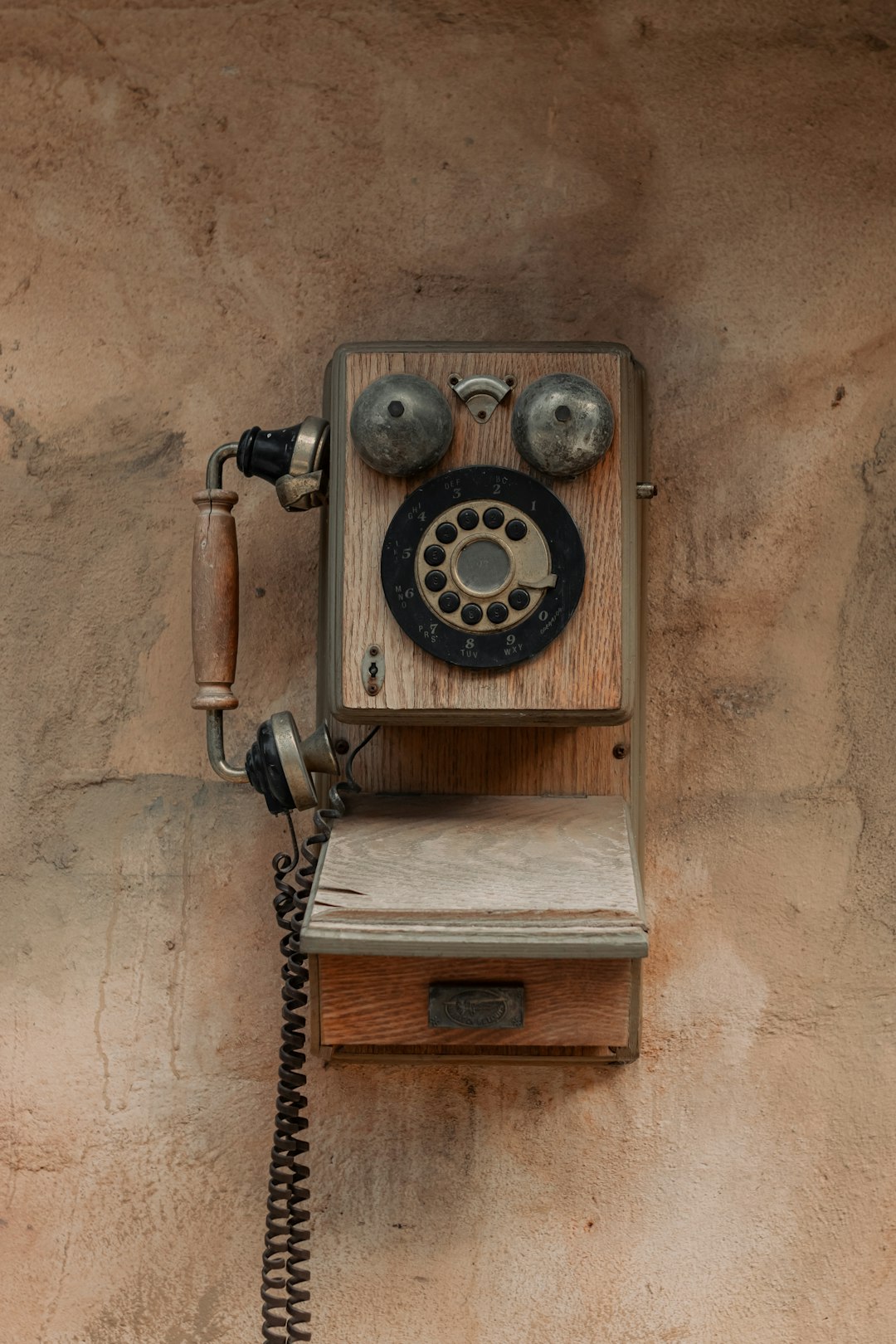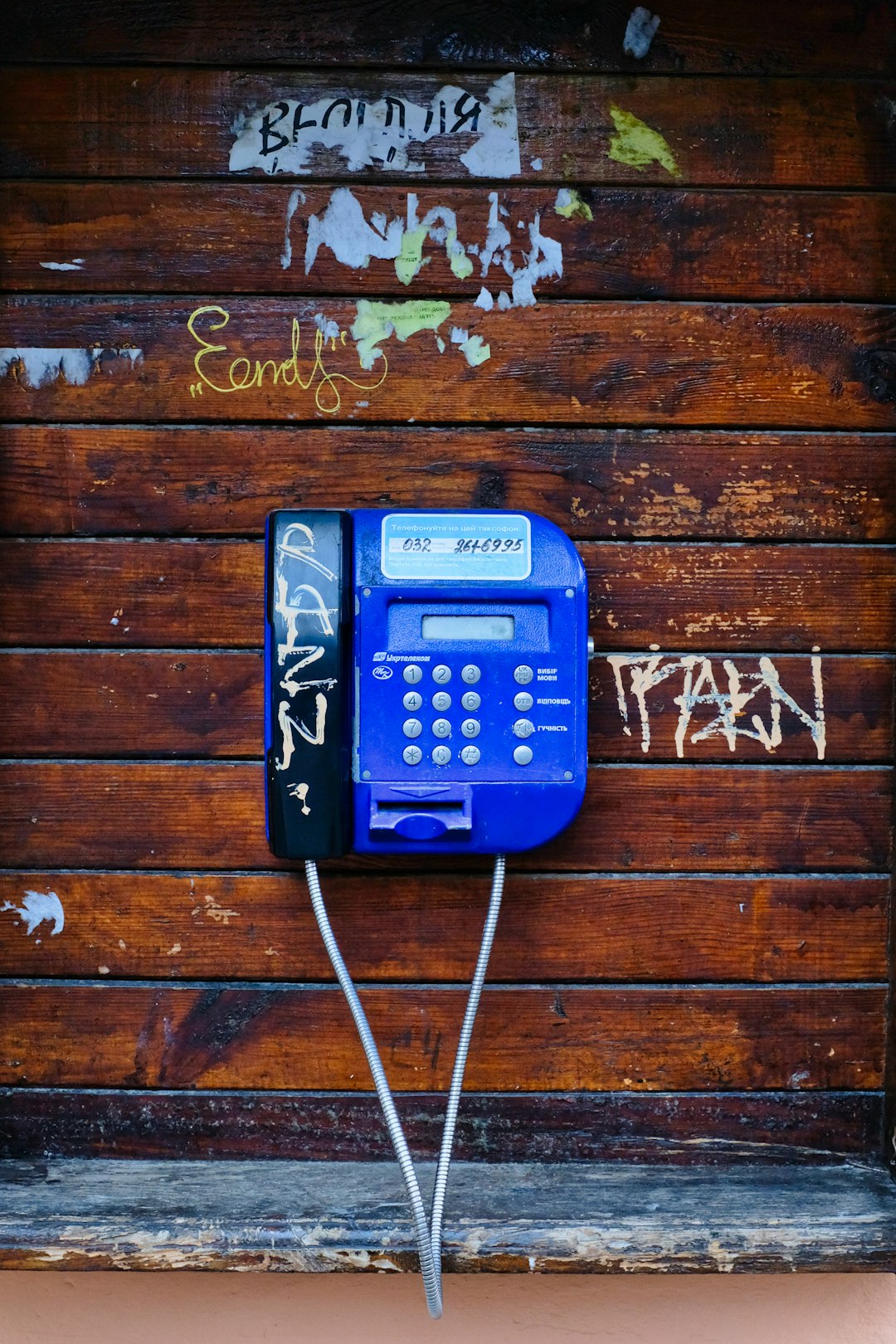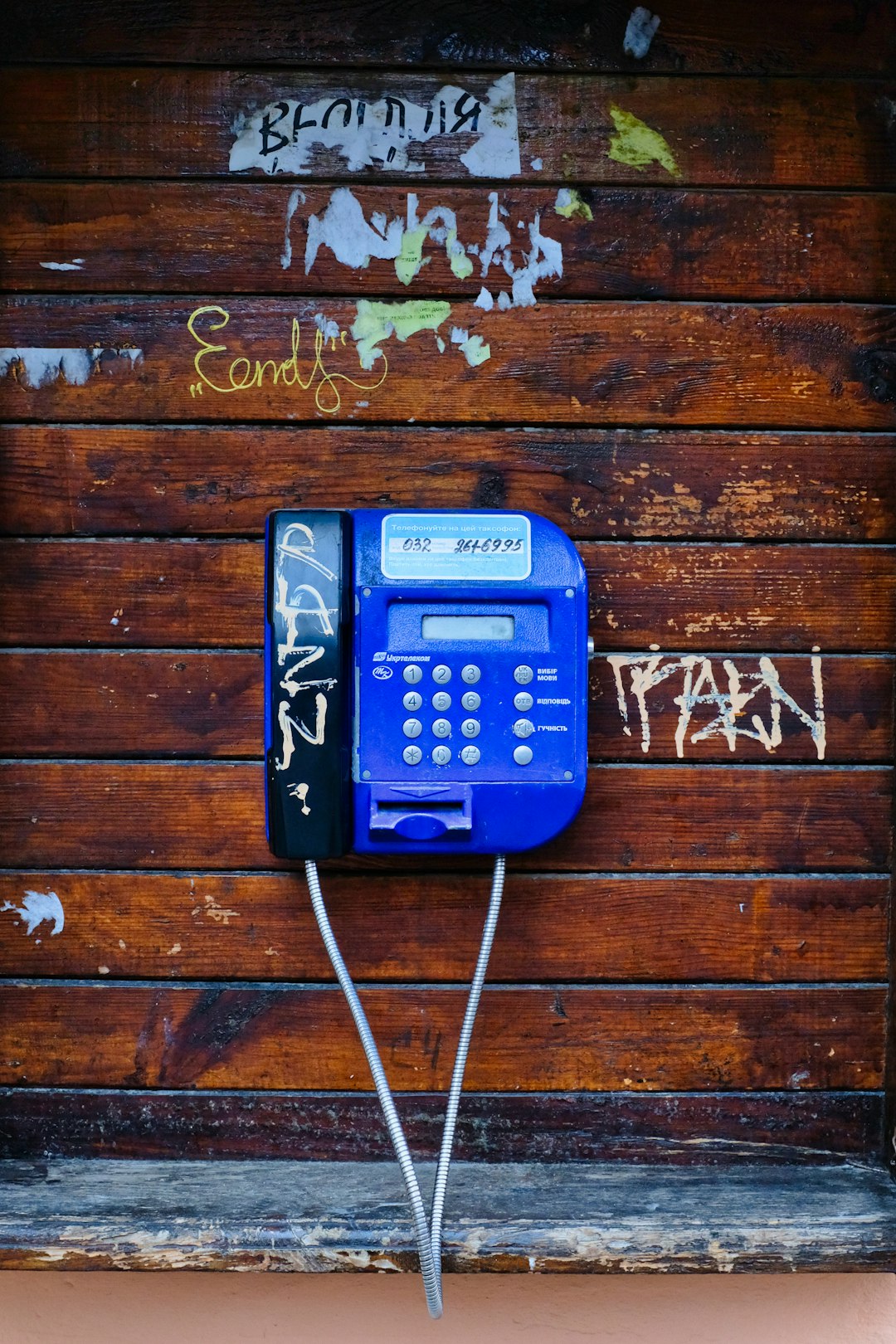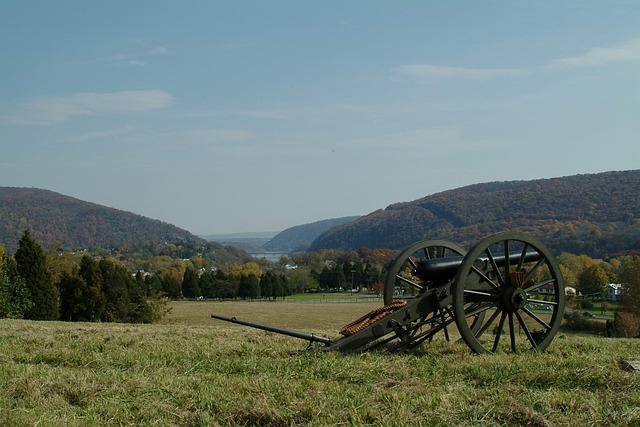In West Virginia, "unwanted call lawyers" specialize in clarksburg call cases, addressing unauthorized phone marketing that violates consumer protection laws. They help victims and represent accused businesses, guiding clients through legal options like filing complaints, seeking injunctions, and pursuing damages. By strategically litigating and negotiating, these specialists protect residents' rights, secure compensations, and deter abusive telemarketing practices. West Virginia's unwanted call lawyers play a crucial role in upholding state laws and creating a more transparent environment for telemarketing activities.
In the digital age, Clarksburg call cases have become a prevalent concern, with unwanted phone calls from telemarketers, scammers, or debt collectors causing distress. Understanding the legal implications of these cases is crucial. This article delves into identifying responsible parties in West Virginia, leveraging the expertise of unwanted call lawyers to hold entities accountable. We explore who qualifies as a responsible party and provide a step-by-step guide for navigating the process, empowering residents to take action against persistent violators. Unwanted call lawyers in West Virginia play a vital role in ensuring compliance with privacy laws.
Understanding Clarksburg Call Cases and Their Legal Ramifications

In the context of modern communication, Clarksburg call cases refer to instances where individuals or entities make unsolicited phone calls in violation of consumer protection laws. These cases have significant legal ramifications, particularly in West Virginia, where strict regulations govern telemarketing practices. Unwanted call lawyers specialize in navigating these complex legal landscapes, providing representation for both victims and businesses accused of such violations.
West Virginia’s Attorney General’s Office actively enforces laws against unwanted calls, often working with consumer protection agencies to investigate complaints. Victims of repeated or harassing phone calls may file formal complaints, leading to potential fines and legal actions against the responsible parties. Unwanted call lawyers assist clients in understanding their rights, negotiating settlements, and representing them in court if necessary, ensuring that all legal obligations are met and justice is served.
Who Qualifies as a Responsible Party in West Virginia?

In West Virginia, a responsible party in the context of Clarksburg call cases is typically any individual or entity that makes, receives, or facilitates unwanted telephone calls with intent to harass, intimidate, or annoy. This includes not just phone companies and telemarketers, but also debt collectors, solicitors, and even peers who engage in repeated and harassing phone calls. Unwanted call lawyers in West Virginia often assist individuals in identifying these parties and understanding their legal rights under state laws that regulate telephonic communications.
Responsible parties can be held liable for their actions, and unwanted call lawyers play a crucial role in helping affected individuals navigate legal options available to them. These may include filing complaints with regulatory bodies, seeking injunctions against further calls, or pursuing legal action to obtain damages for emotional distress or other harms caused by the unwanted telephone communications.
The Role of Unwanted Call Lawyers in Holding Parties Accountable

In the complex landscape of legal accountability, unwanted call lawyers in West Virginia play a pivotal role in ensuring that all parties involved in Clarksburg call cases are held responsible for their actions. These specialists have the expertise to navigate the intricate web of regulations surrounding telemarketing and consumer protection laws. By thoroughly examining the tactics employed by businesses or individuals making unsolicited calls, they can identify violations and gather evidence to support legal action.
Unwanted call lawyers employ strategic litigation and negotiation skills to protect the rights of residents in West Virginia. They work tirelessly to secure resolutions that compensate victims for their distress and deter future abusive practices. Through their efforts, these legal professionals contribute significantly to fostering a more accountable and transparent environment for businesses engaging in telemarketing activities within the state.
Navigating the Process: Steps to Identify and Sue Responsible Entities

Navigating the process of identifying and suing responsible entities in unwanted call cases can be complex, but with the right approach, West Virginia residents can seek justice effectively. The first step is to gather comprehensive records of the calls received, including dates, times, and details about the callers. This information is crucial for building a solid case against the culprits. Unwanted call lawyers in West Virginia often advise clients to maintain detailed logs or use call-blocking apps to record this data.
Next, it’s essential to research and identify potential entities responsible for the nuisance calls. Common culprits include telemarketing companies, debt collectors, or even scammers posing as legitimate organizations. With the help of these records, lawyers can then send formal notices to these entities, demanding cessation of the calls and compensatory damages for any distress caused. If negotiations fail, the next step involves filing a lawsuit in court, where a judge will determine liability and order appropriate remedies.






